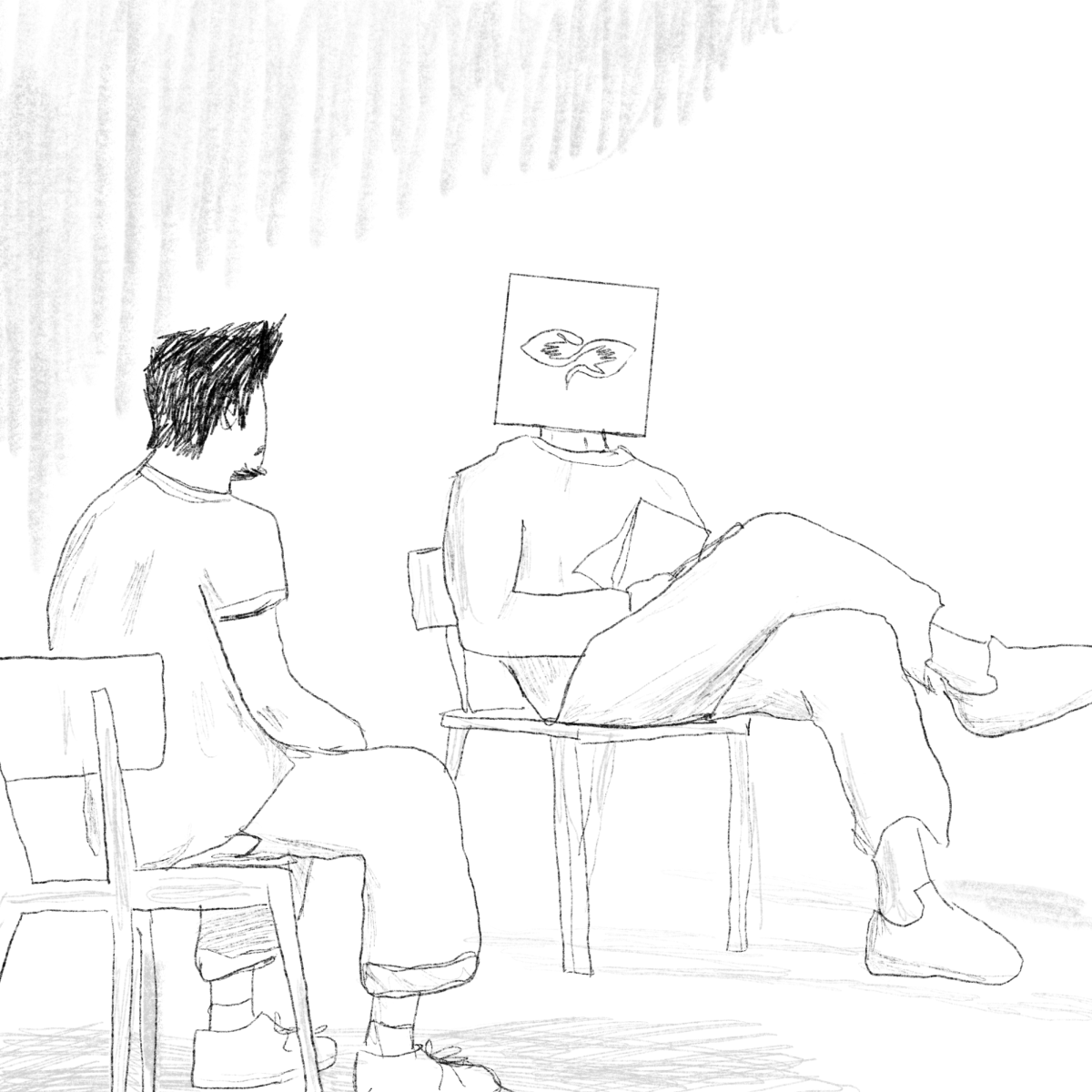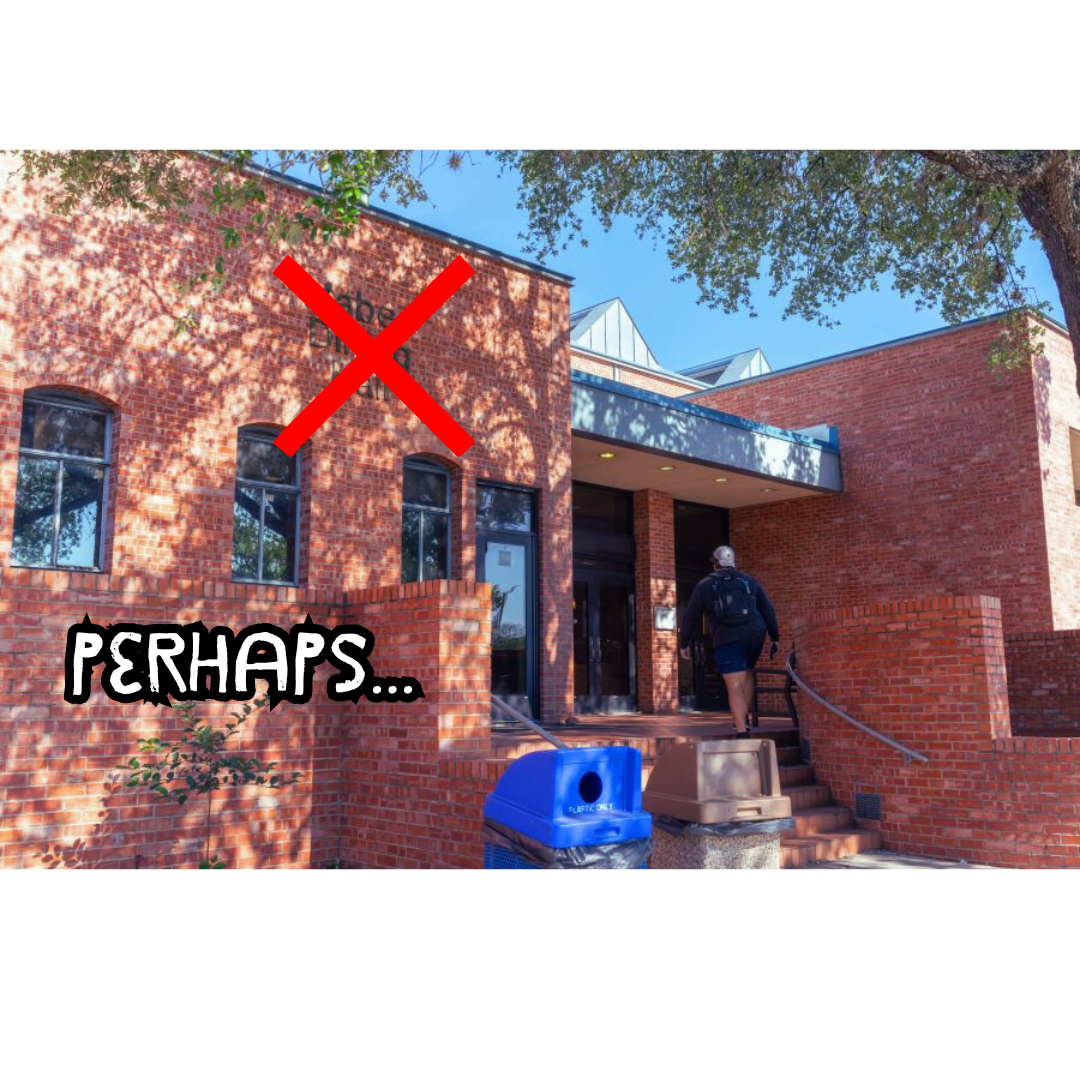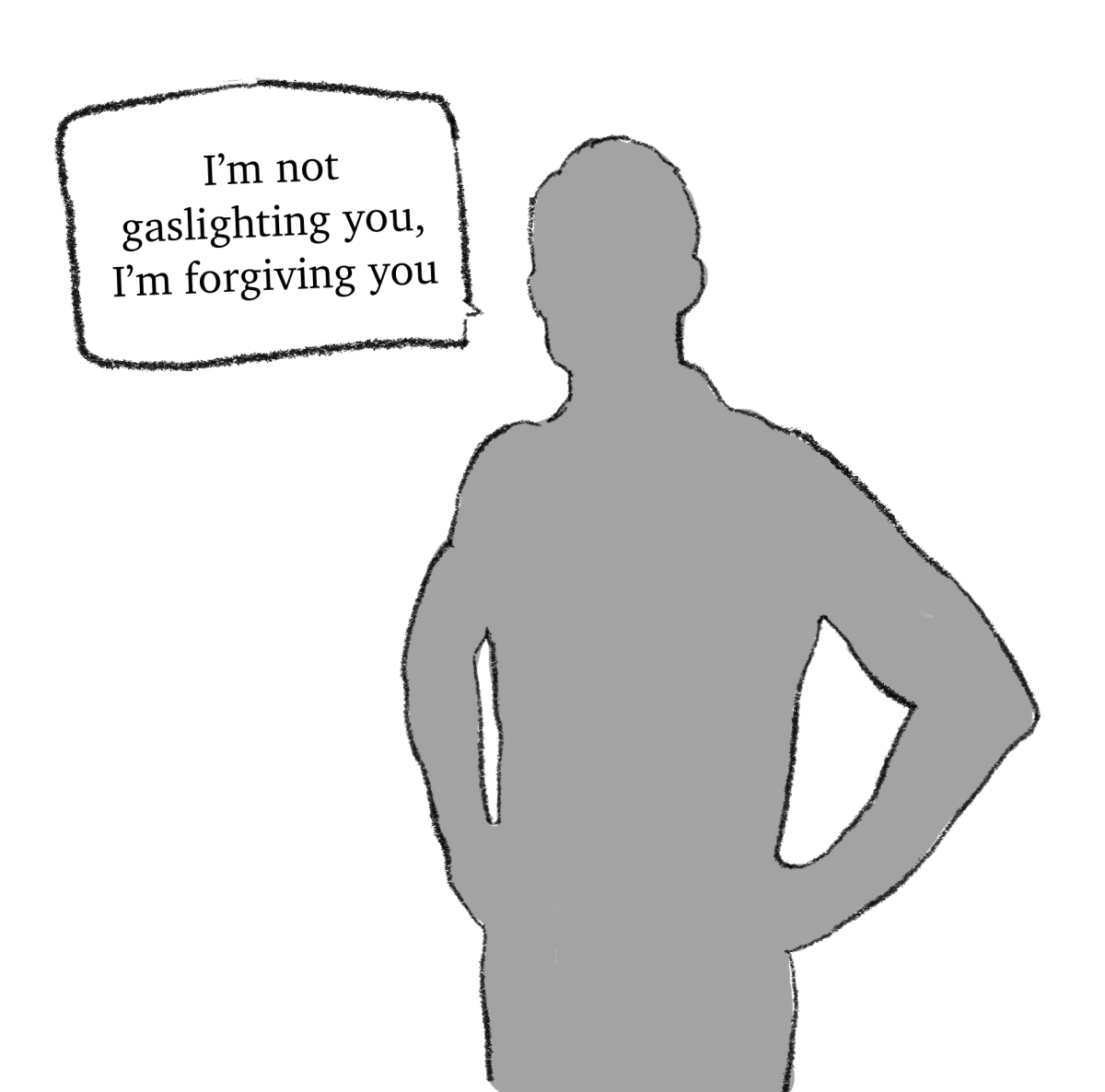In January 2010, Kristin Eisenhauer, psychologist for Trinity’s Counseling Services, attended a local counseling conference and first heard of a bystander intervention program while talking with a colleague from Austin College. Eisenhauer traveled to Austin College’s campus to observe their program. From then on, she became very invested in the idea of a bystander intervention program and began the quest to bring one to Trinity University.
Central to the concept of a bystander intervention program is the teaching of Darley and Latane’s bystander effect, which essentially asserts that the more people are around in a bad situation, the less likely it is that the person in the bad situation will get help. Bystander intervention programs are becoming increasingly popular on college campuses all over the country.
Austin College’s bystander intervention program, which was based on a combination of two larger national programs, lasted two days in 2010. Eisenhauer realized that it was highly unlikely that Trinity could effectively facilitate such a time-consuming program and honed in on many of the central concepts to develop a two to two and a half hour workshop pertaining to them. The program as it exists today is rooted in three national bystander intervention programs: MVP, Response-Ability and the University of Arizona’s Step Up.
Trinity’s Step Up bystander intervention program started in January 2011, with Residential Life staff as the first group of participants. The leadership program, through video clips, role-plays and discussion, teaches students how to step up or take action in situations involving sexual assault, alcohol poisoning, drunk driving, approaching people having emotional difficulties, hazing, fights, hate crimes and verbal slurs.
“It aims to decrease the number of passive bystanders who aren’t sure what to say or how to act in these difficult situations,” Eisenhauer said.
Eisenhauer joined with five other faculty members, Gary Neal, Jamie Thompson, Soi Inthavong, Stephen Nickle and Andrew Hoing, have at present trained 378 students and about 30 Student Affairs staff members. The groups who have been trained so far are the residential life staff since 2010, the 2011-2012 O-Team and the 2011-2012 first-year and junior Greek men and women.
“In 2011, Greek Council actually voluntarily adopted the program. Last year’s Greek Council co-chairs, Keehn Strange and Kaela Dickens, observed training, got really excited about it and presented it to Greek Council for approval,” Eisenhauer said.
“There is a really big push for bystander intervention programs on college campuses right now, and while many have different influences and themes, the underlying main idea is that these programs essentially provide empowerment to do what needs to be done to help the community,” Eisenhauer said.
Students have responded positively in program evaluations and when reflecting on the program. In the anonymous post-program evaluations, participants of the program reflect on ways that they might have been affected by Step Up.
“People have reported that they have stepped up in situations where they might not have before, with friends using offensive language, for instance. There have been two reports that just gave me chills. One person said that they basically pulled a woman out of a sexually dangerous situation, and another person said that they potentially saved someone’s life,” Eisenhauer said.
Tim Conner, senior member of Pi Kappa Alpha fraternity on campus, believes that the program is very relevant, despite the fact that, to some, it might feel redundant.
“Bystander intervention is an important topic because of its universality. We are always observing things that happen around us, and if each one of us could muster the confidence and initiative to step up when it needs to be done, we could really do some good. Many of us might dismiss a program like this because we think it’s redundant, but it truly forces us to think about crucial situations and how we might respond to them,” Conner said.
Another student, Residential Life staff member Chris Alexander, also feels that the experience was very worthwhile.
“Since Step Up, I do try to be more aware of my surroundings whenever I am at a fraternity party or most anywhere. Bad things happen to good people, but one of the best ways to prevent something horrible from happening is by simply having a third person intervene and say no,” Alexander said.
If you want to get involved, Trinity’s Step Up (Bystander Intervention) program has a regularly updated Facebook page that posts news stories and videos related to bystander intervention. The program also invites any groups on campus who want to participate in the training to contact Kristin Eisenhauer about getting involved.







